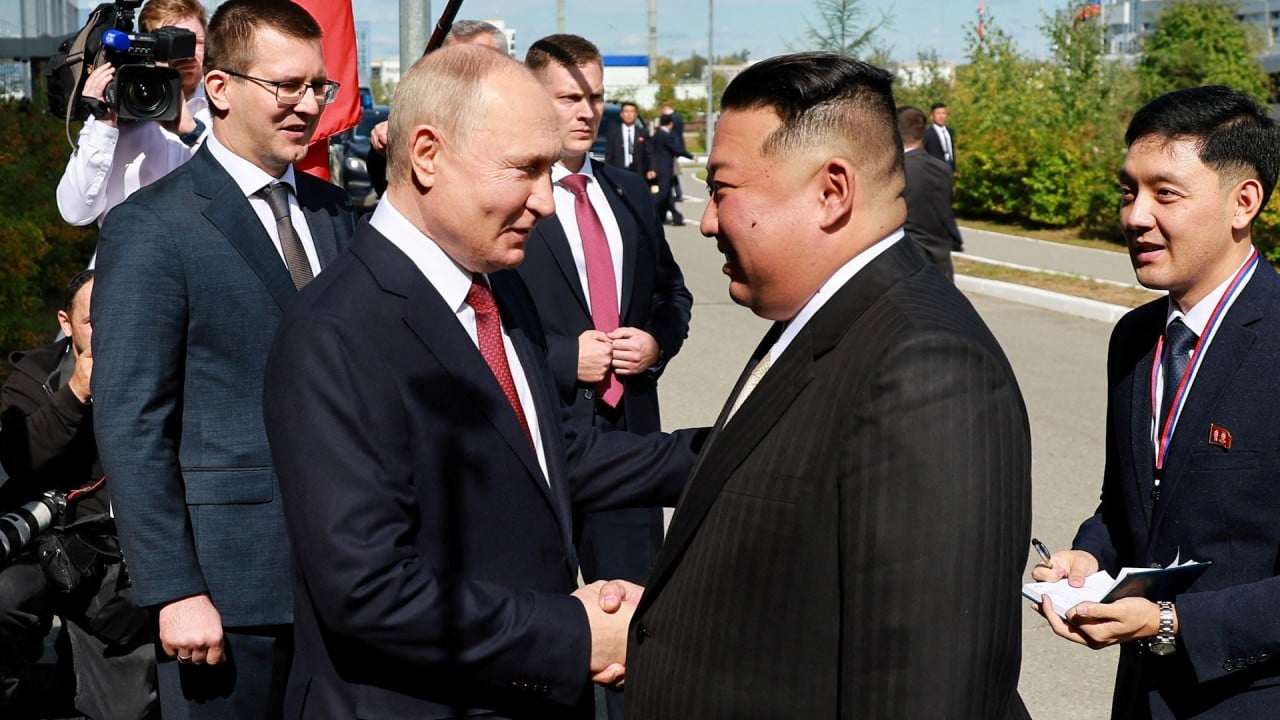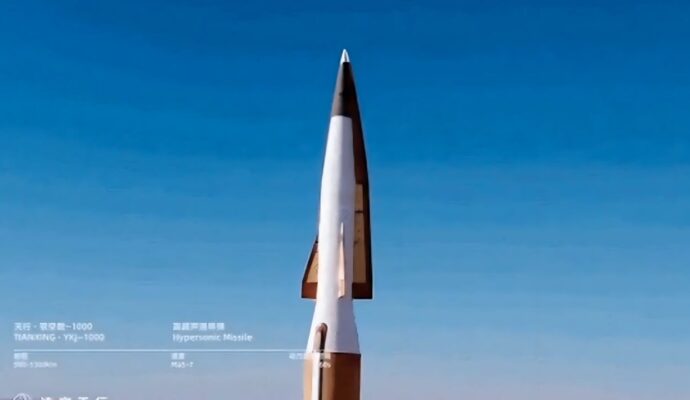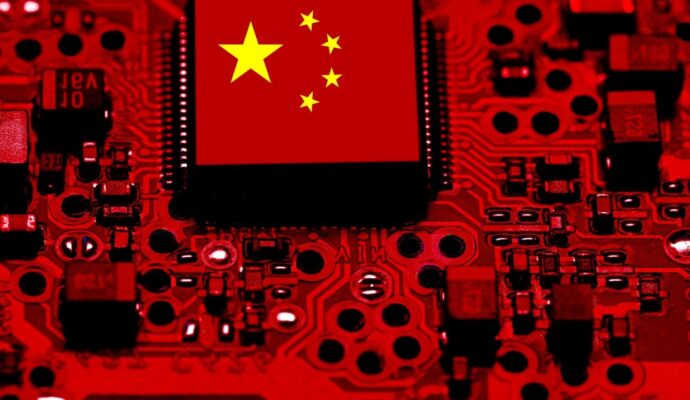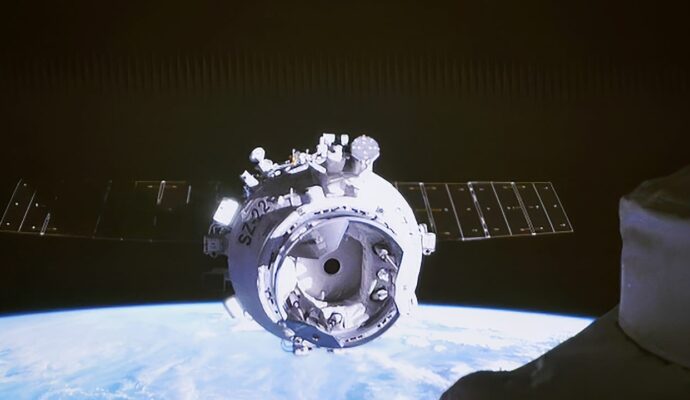China and Russia should continue to coordinate policies to tackle challenges from re-emerging unilateralism and hegemony, China’s top diplomat Wang Yi told his Russian counterpart Sergey Lavrov in Moscow on Monday.
“In the face of the rising counter-currents of unilateralism, hegemonism and camp confrontation, China and Russia should … demonstrate their role as great powers, fulfil their international obligations, continue to strengthen their strategic coordination so as to advance the process of multipolarity in the world.”
In a separate statement, Russia’s foreign ministry said “the closeness of the positions of the parties regarding US actions in the international arena, including those of an anti-Russian and anti-Chinese nature, was noted”.
Why North Korea-Russia military ties could become a ‘burden’ for China
Why North Korea-Russia military ties could become a ‘burden’ for China
The two sides also agreed to continue to coordinate policies in the ongoing United Nations General Assembly meeting in New York, as well as the coming Asia-Pacific Economic Cooperation (Apec) summit, and “many other high- and top-level meetings”, Lavrov said in opening remarks.
Advertisement
The effort could pave the way for Xi’s possible visit to the US later this year for the Apec summit in San Francisco in November.
According to Beijing and Moscow, Wang and Lavrov also discussed the war in Ukraine, with Wang saying China would “play a constructive role in its own way for a political solution to the crisis”.
Lavrov said a settlement without Russia’s participation was “impossible”, the Russian ministry said.
Wang, a Politburo member who leads the general office of the Central Foreign Affairs Commission, arrived in Moscow for a four-day visit right after two days of meetings with Sullivan in Malta, during which the two sides discussed US-China bilateral ties as well as the Ukraine war and Taiwan.
Wang was expected to join Nikolai Patrushev, the head of Russia’s Security Council, for strategic security talks on Tuesday, before holding trilateral talks with Mongolian officials, Reuters reported, citing Russia’s Interfax news agency.
Advertisement
In a show of solidarity to fend off what they see as an increasingly hostile West, Beijing and Moscow have strengthened ties in recent years.
Advertisement
‘G20 coming out party’: India can be bridge in polarised world, say analysts
‘G20 coming out party’: India can be bridge in polarised world, say analysts
At the G20 summit in Bali, Indonesia last year, Xi had his first in-person meeting with Biden since the latter took office in 2021.
Advertisement
Meanwhile, China’s total trade with Russia in the first eight months of this year jumped 32 per cent from a year earlier to US$155.1 billion, while trade with the US dropped by 8.7 per cent year on year to US$420 billion, with Beijing blaming the Washington tariffs and export controls for the decline.
Advertisement



